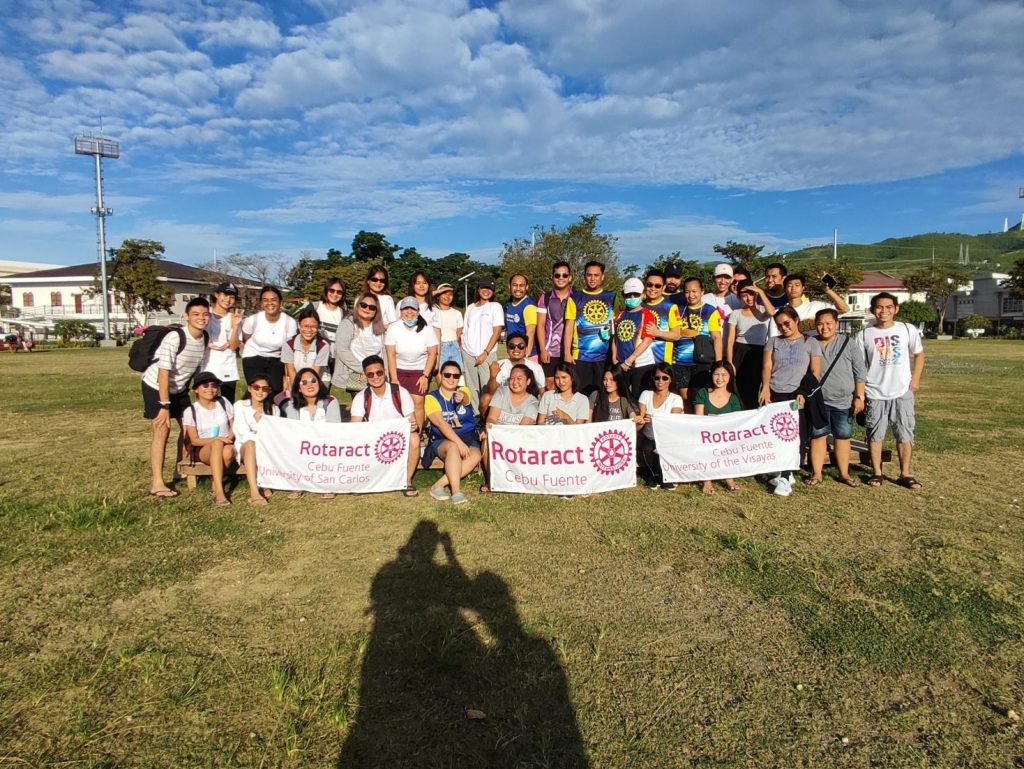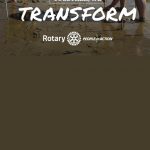I do not know the statistics of the general population developing civic awareness or social responsibility through a cartoon show. If someone was conducting a survey on that question, I’d be happy to put my name forward. Growing up, the animated series that really resonated with me up until today was Captain Planet and the Planeteers. The show featured five youngsters who possess individual rings that can conjure up forces of nature. Collectively, the rings summon up Captain Planet, a Superman-like figure capable of vanquishing the environmental villain of the day. Because of the show, I was already familiar with such terms as climate change, global warming, ozone depletion, nuclear meltdown, acid rain, poaching, and other man-made abuses committed against nature and society. Most significantly, the show’s lasting impact on me can be crystallized in one simple sentence: The youth can make all the difference in how our world ends up.
Today, the rapid acceleration in the field of information and communications technology guarantees that people are not confined to TV shows to get their source of information. This is admittedly a double-edged sword of sorts, because the explosion of readily available content means various interests are vying for the attention of various people. Whether a fair stereotype or not, today’s youth, it has been observed, are more likely to discuss with a passion their favorite food vlogger or Instagram influencer than recite all items in the United Nations’ (UN) Sustainable Development Goals (SDGs).

Members of the Rotaract Club of Cebu Fuente in partnership with the University of Cebu-Main Campus Community Awareness, Relations and Extension Services – College of Business and Accountancy after the successful launching of the “Five-in-One” mental health initiative at one of their beneficiary communities in T. Padilla, Cebu City.
As a Rotaractor who also happens to be a college professor, I consider it my primary responsibility to teach beyond my subject matter and steer my students toward core values as humility, integrity, and above all, service. And in today’s world where the challenges portrayed in Captain Planet are not just alive but increasingly kicking, sustainability is no longer a fancy word uttered by billionaires or celebrities who do concerts or fundraising gigs for a cause. Slowly but surely, this is becoming an all-hands-on-deck endeavor that requires everyone to pitch in.

Members of the Rotaract Club of Cebu Fuente, in partnership with their school chapters, the University of San Carlos and University of the Visayas, during the Mangrove Planting and Coastal Cleanup drive in South Poblacion, Naga City, Cebu.
In practical terms, I’ve always favored a bottom-up approach, as opposed to a top-down one. At the university where I teach, we have an Education for Sustainability Development (ESD) Center that promotes a broad array of efforts aligned with the UN’s 17 SDGs. Our local Rotaract Club has taken the lead in several worthwhile initiatives, among them: providing educational materials for special-needs children, sponsoring mental health initiatives for a local community, and mangrove planting and cleanup operations – all in partnership with school organizations or school-based Rotary chapters. Still, there is an enormous opportunity to be gained with Rotaractors joining forces with various school-based ESDs and sustainability centers. Under such partnerships, Rotaract clubs and ESDs can orient students on the various areas, ranging from literacy to conflict resolution, that need their attention and subsequent action. This time, the awareness disseminated no longer from a cartoon show but from various social media and internet-driven platforms, the youth of today should be able to understand the urgency of the moment. As much as dancing to the next TikTok sensation is good recreation, that should pale in comparison to joining efforts to slow the increasingly uninterrupted march of climate change wreaking havoc on a global scale.
In view of such worldwide implications that climate change and other threats pose, grassroots efforts would be the laudable order of the day. With the partnerships of various Rotaract organizations and school-based sustainability centers, educating today’s youth and training them to start taking concrete and measurable actions toward the broad spectrum of sustainable development will surely go a long way toward our continued collective progress as a species and the preservation of the planet we hold so dear.




